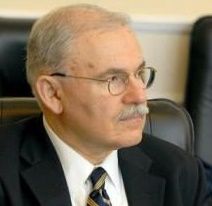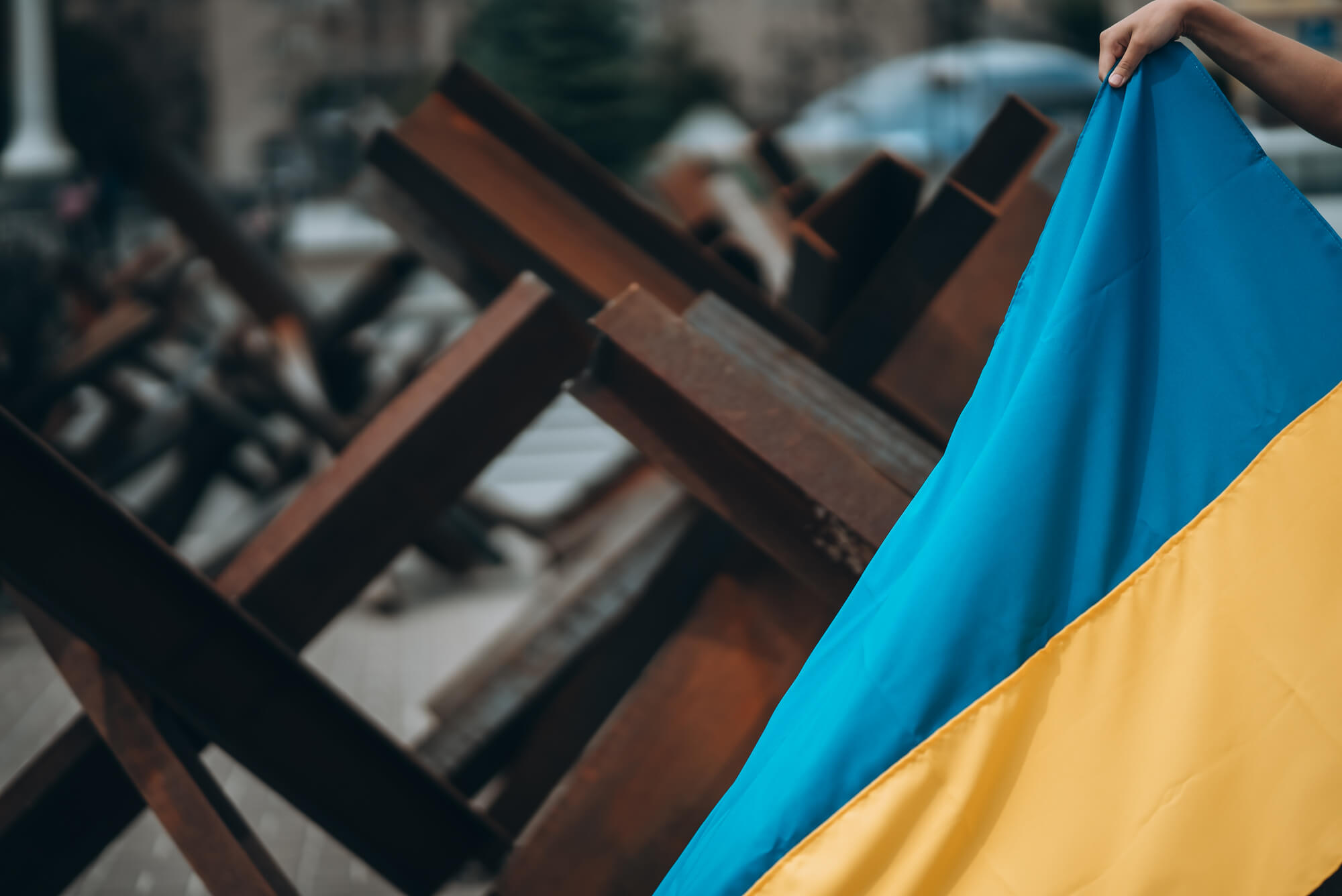Ukraine is slowly moving towards creating a semi-autonomous anti-corruption unit of prosecutors. As international experience has demonstrated if cases of systemic corruption, any serious attempt to reduce corruption require a special, i.e., separate and independent from existing structures, unit of detectives, a special unit of prosecutors, and a special unit of judges.
On September 21, Jose Ugaz, the current Chair of the Board of Transparency International, spoke at a two-hour presentation at the Columbia University school of Law in New York. The focus of Ugaz’s presentation was Transparency International’s (“TI”) renewed commitment to try and combat what he and others have called “grand corruption,” i.e., massive corruption conducted by networks of highly placed government officials acting in concert. Among the four or five prime recent examples about which he spoke was the Yanukovych regime in Ukraine.
Though his experience as an Ad-Hoc State Attorney (i.e., a special prosecutor) in Peru was of even greater interest. Ugaz had been a private attorney and a professor of criminal law at the Pontifical Catholic University of Peru when in 2000 he was appointed to head up an investigation into high-level corruption in his country of 26 million.
He quickly organized an office by choosing 3 prosecutors, creating a Financial Intelligence Unit and hiring a team of 25 people. Within a year and an half, Ugaz’s office opened more than 200 cases against 1,500 members of former Peru President Alberto Fujimora’s network of officials involved in corruption. Among those who were charged and convicted were former president Fujimora, his chief of intelligence Vladimir Montesinos, a former Attorney General, the President of Peru’s Congress, several Supreme Court Justices and 14 generals of the armed forces and police, all of whom ended up serving lengthy jail sentences. In addition, Ugaz’s office succeeded in freezing over $205 million in stolen money held in overseas accounts and in repatriating $150 million from bank accounts in the U.S., Switzerland, the Grand Cayman Islands and Peru.
During a question and answer session, Ugaz explained that Peru’s effort to combat grand corruption was effective because it had formed a special prosecution and detective unit (the unit that Ugaz created) and a special unit of 6 judges to adjudicate corruption cases brought by his office. He also mentioned that he had hired mostly young lawyers and investigators (which is what the Georgians did during their successful anti-corruption campaign) who had not yet been co-opted into the wide network of corruption then poisoning Peru.
Ukraine has created an Anti-corruption Bureau whose detectives, as I understand it, are being trained with the help of the European Union, and Ukraine is slowly moving towards creating a semi-autonomous anti-corruption unit of prosecutors.
As international experience has demonstrated, if cases of systemic corruption, any serious attempt to reduce corruption requires a special, i.e., separate and independent from existing structures, unit of detectives, a special unit of prosecutors, and a special unit of judges. I shared that recommendation with senior members of President Poroshenko’s staff and with the President himself when I met with them back in December 2014. I understand that the selection or appointment of special units to handle corruption is a shared responsibility of the President, the Rada and appropriate selection commissions, but I would again urge in the strongest of terms that the Ukrainian government collectively move with much greater speed than it has to date demonstrated in order to select or appoint a special unit of prosecutors as well as a special unit of judges to handle cases of grand corruption in Ukraine.
Attention
The author doesn`t work for, consult to, own shares in or receive funding from any company or organization that would benefit from this article, and have no relevant affiliations



